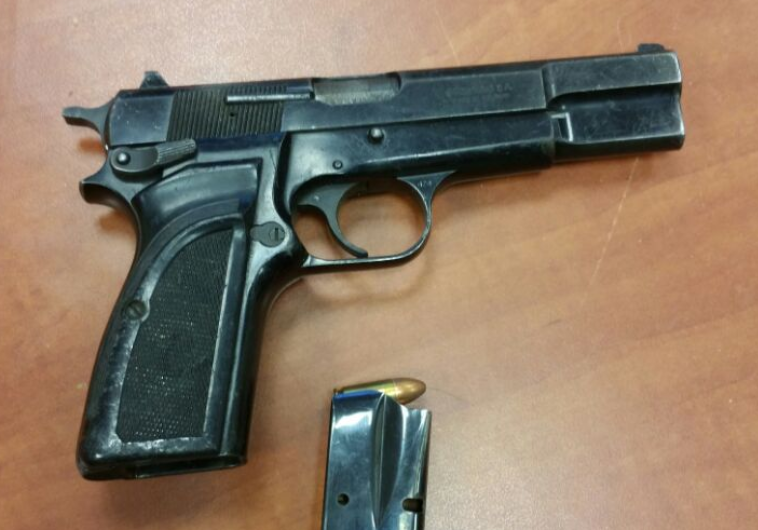Europeans turn to weapons in growing numbers after attacks
There are over 100 guns per 100 US residents, more than twice the figure for Switzerland and three times that for Austria, Germany and France.
 Gun found in overnight raid - March 22, 2016(photo credit: ISRAEL POLICE)
Gun found in overnight raid - March 22, 2016(photo credit: ISRAEL POLICE)